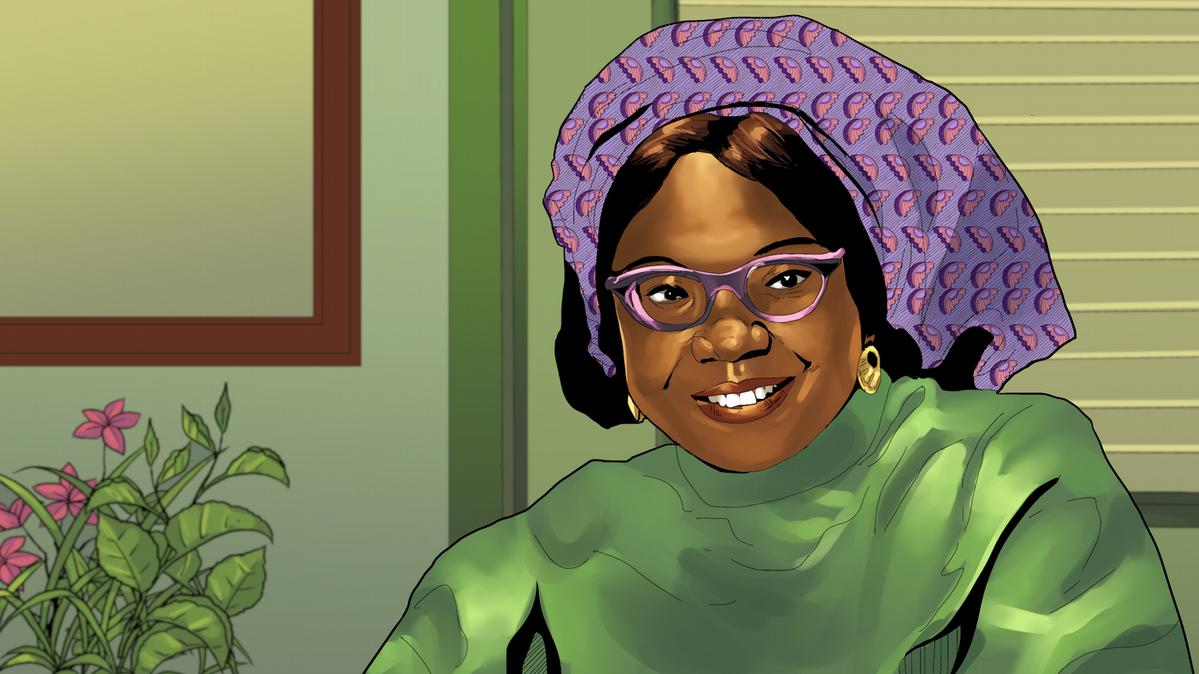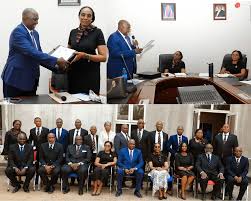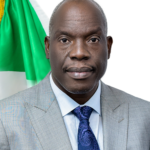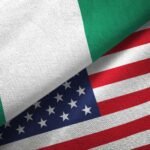By Agbeze Ireke Kalu Onuma, AI-KO
These reflections began as quiet notes – scribbled thoughts from years past, tucked away like seeds waiting for rain. But recent encounters with both adults and young people – some who read these books only because school demanded it, and many more who’ve never heard of the authors at all – stirred something in me. I returned to my drafts, dusted off my musings, and shaped them into these offerings. They are not definitive essays, but nibblings – small bites of thought, memory, and meaning. My hope is simple: that they will nudge you toward the books themselves. That you will read them not just to pass exams, but to pass through something deeper. That you will enjoy them, wrestle with them, and let them teach you something true.
INTRODUCTION
Over the years, I have returned to Oguta again and again – as a tourist, friend, Inlaw and a pilgrim in search of meaning. Each visit feels like stepping into a living novel, a place where memory and myth still converse. I have walked the paths Flora Nwapa once imagined into permanence, stood by the lake that mirrors both sky and soul, and watched pontoons glide across its calm surface like punctuation marks in…
The Spirit of Oguta and the Voice of Flora Nwapa
Oguta is not merely a place – it is a presence. It breathes through its waters, its markets, its silences. Flora Nwapa understood this intimately. She did not invent Oguta; she revealed it. Her fiction was not detached creation but lived testimony. In Efuru, Idu, and This Is Lagos, she wrote not of abstract heroines but of women who could be one’s aunt, neighbor, or self. Her characters are not archetypes – they are ancestors, echoes of endurance and grace. Through them, she preserved a world often overlooked, a world where womanhood was not a monolith but a mosaic.
Born in 1931 in Oguta, Nwapa remains its most luminous literary daughter. She was the first African woman novelist to be published in English in Britain, yet her gaze was never Western. She wrote for her people – for the traders who bargain at dawn, for the mothers who mourn without spectacle, for the daughters who dare to choose themselves. She wrote for the lake, whose surface conceals depths of myth and memory. Her pen was both mirror and map, charting the emotional and cultural terrain of a people in transition.
A Legacy that Still Speaks
When I walk those same paths today, I feel her voice ripple through time. Oguta deserves new stories – fresh reckonings by modern creative minds – not to replace Flora, but to continue the dialogue she began. Her voice remains a current beneath the surface of our collective consciousness, urging us to listen, to respond, to remember.
This reflection is both homage and inquiry. The 25 quotes that follow are drawn from her novels and interviews, each accompanied by a personal meditation – my own wrestling with her wisdom. Because Flora Nwapa does not simply write about women; she writes about humanity, about the eternal dance between tradition and transformation.
Meeting Flora Anew
I did not encounter Flora Nwapa in a classroom. She was not handed to me through syllabi or exams. I met her later – through whispers, through the quiet defiance of women who embodied her spirit without ever quoting her name. When I finally opened her books, it felt less like discovery and more like recognition – as though she had already read me long before I read her.
Her debut novel, Efuru (1966), was not just a milestone; it was a manifesto. Nwapa was a mother, a teacher, a publisher, and a chief – bearing the title Ogbuefi, traditionally reserved for men. Yet she never wrote to impress; she wrote to express. In a literary era dominated by male voices, she did not shout – she sang. She did not argue – she affirmed. Her women were not victims but vessels of agency, complexity, and grace.
Though she never labeled herself a feminist, she lived the essence of the word. She wrote economic independence into her characters before it became a global discourse. She gave her women choices and consequences, dignity and desire. Reading her today feels like sitting at the feet of a wise auntie – one who knows your story before you speak it, who reminds you that survival itself is a form of art.
The Invitation
This collection is not only a literary exercise – it is a personal pilgrimage. Each quote, each reflection, is a conversation across time. Flora Nwapa’s voice continues to ripple across the waters of Oguta, urging us to listen, to write, to remember.
So, let us walk to the lake. Let us listen to the water. Let us meet Flora Nwapa where she waits – between memory and imagination, between tradition and transformation.
Follow us on all social media platforms @dailyquery for news and analyses around the globe.



























